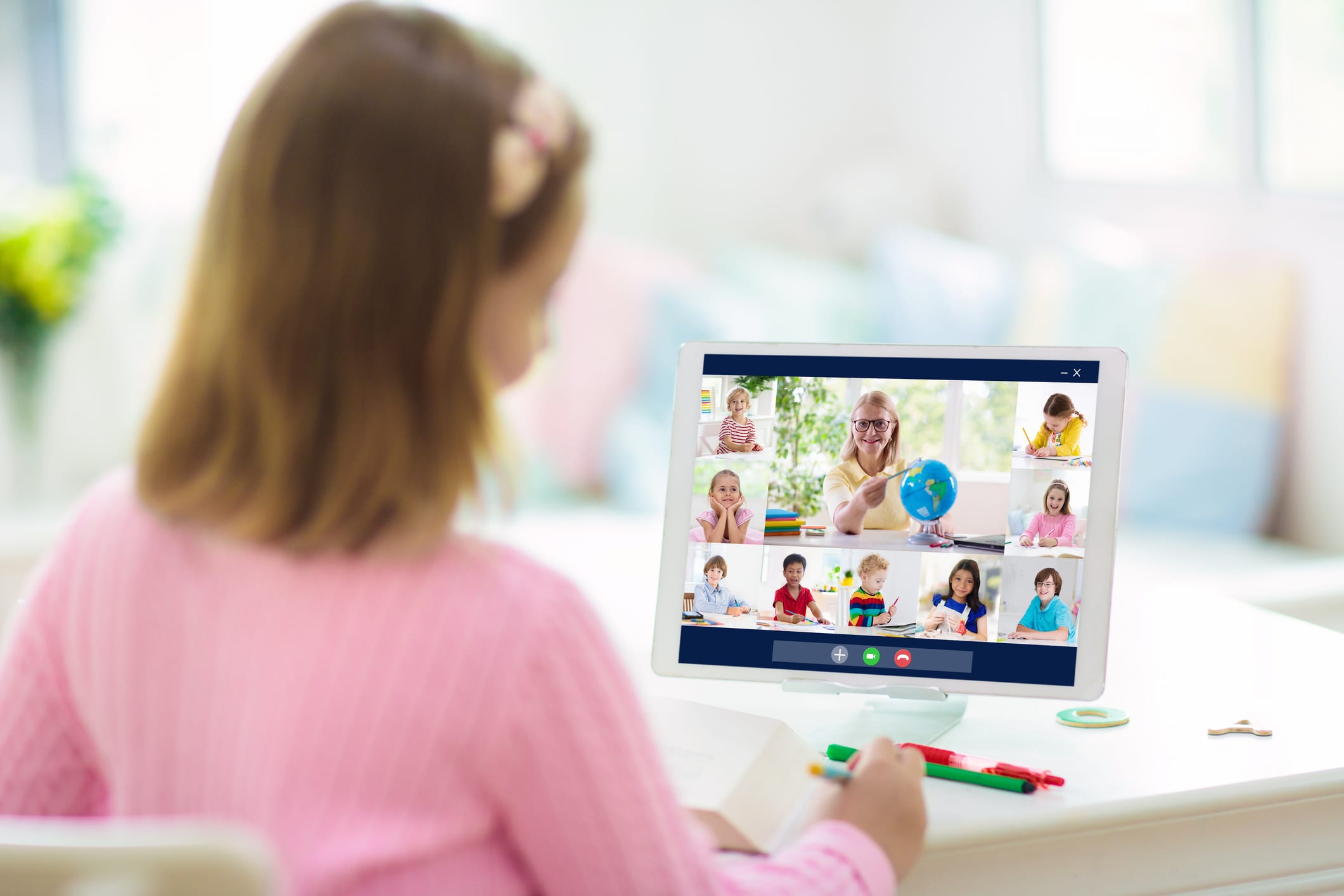
COVID has not only changed how we communicate, but how we move as well. COVID has put a halt to many things, but people are still relocating internationally for jobs, assignments, and family.
We first wrote about the impact of COVID on moving back in August, but we’re nearing the end of 2020 and things have gotten even more complicated than travel restrictions. Now more than ever, stability is what we long for – especially for our children. Moving internationally for you job, during COVID, is more challenging than ever before. Not only do we have to organize a new home, move our belongings, help our spouse find a job, but we also have to now consider being allowed into the country due to the pandemic, assimilating the kids to a new school that is closed, and making friends in a new place that is on lockdown.
With COVID changing our everyday life, it’s important to explore what type of effects moving internationally during COVID has on the children of expats, and more specifically, how we’re working with schools to ensure a smooth transition.
Expat Life During the Coronavirus
With the new unforeseen issues of COVID affecting countries all over the world, changes are happening everywhere—from social distancing to working from home to closed borders and delayed relocations – in order to prevent the spread of the virus. Being an expat kid in these times can be very hard on the child’s development, both mentally and emotionally, as their routines are turned upside down. While there are so many moving parts, how can you prevent all the changes from happening simultaneously to maintain some stability in this transition?
Provide a Stable Home
A stable home life and school life are two of the safest spaces for a child and have a great impact on a child’s development, allowing them to create a positive trusting environment, strong relationships, structure in life. A child needs a stable home to be able to flourish and feel like they belong or fit in a certain place. We all want to feel like we belong, and constant changes and moving to a completely different country with a different culture, food, and language can hinder stability.
Dan Savage once said, “Children have a right to some stability and constancy from the adults in their lives.” Here he refers to stability as a right.
Change can be scary for a growing child and children that experience moving to a different country with a different way of life can go through what is known as Expat Child Syndrome (ECS).
Watch for Expat Child Syndrome (ECS)
Expat Child Syndrome (ECS) is the emotional stress a child can go through when they move abroad. This mostly affects children between the ages of 10 and 15. Carole Hallett Mobbs once said in her book, Expat Education, that “It can take one little thing…to make a child go into their shell and miss their home country and their old friends deeply.” With this as a factor, along with a worldwide pandemic going on, it is imperative to have some knowledge on the signs, effects, and how to assist with big changes such as relocation.
Some Signs of ECS can include:
- Mood Changes
- Isolation
- Lack of communication
- Signs of loneliness or depression
- Change in eating and sleeping habits
How to Help Your Family Move Internationally During COVID
So many changes are happening with your child. If possible, find a way to minimize the number of changes happening with a child, in an attempt to help the child slowly adapt to his or her new surroundings. Since “home” is being recreated and it will take some time to make it a safe space again, consider keeping your child enrolled in the same school and have them continue to participate virtually. With schools being online for the sake of COVID-19, it gives parents a chance to maintain a safe space for their children. Connecting with the same teachers, friends, school routine will give a sense of familiarity and stability and keep their minds off the fact that they are now in a new world.
You could also have them participate in the planning and decision-making discussions for moving, listening to both their concerns and fears and allowing them to contribute ideas and mentally prepare themselves for the move. Research moving with kids, and other ways in which the transition could be made easier by relating to their feelings and keeping a positive environment wherever the family goes.
Change can be good, but let’s remember that especially with the pressures of a pandemic, it isn’t business as usual. You will have to consider ways to keep some stability in your child’s life. Online school is one of the best ways to allow them to stay connected with friends and share their thoughts and ideas from the new world they are now living in.
Want to get started on language training before your move or with your extra time, now that you’re not commuting to and from work? Drop us a line at Fluency Corp to discuss a language training schedule to help you prepare for your international relocation.










